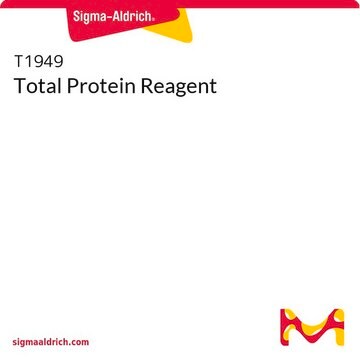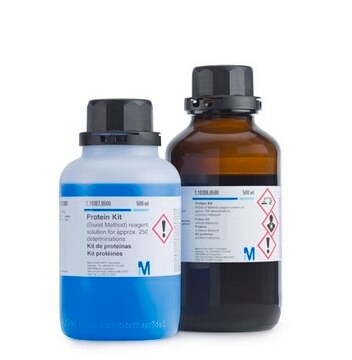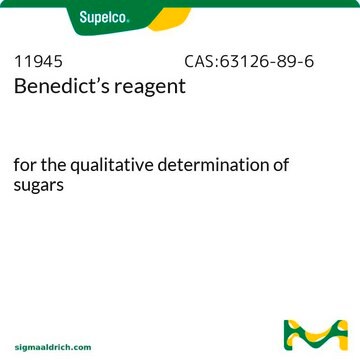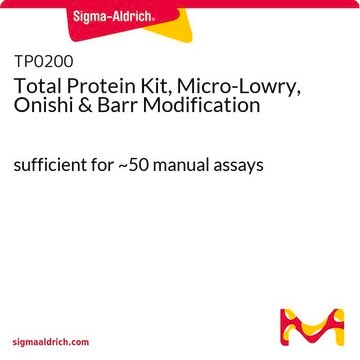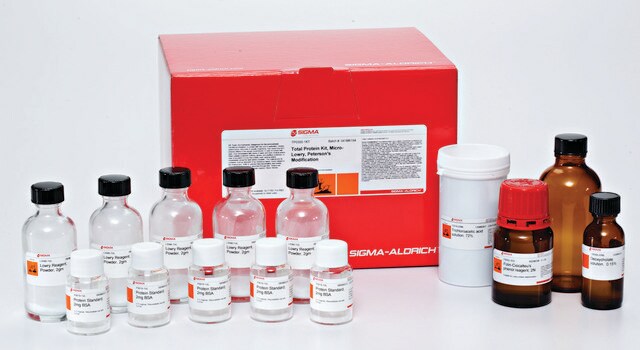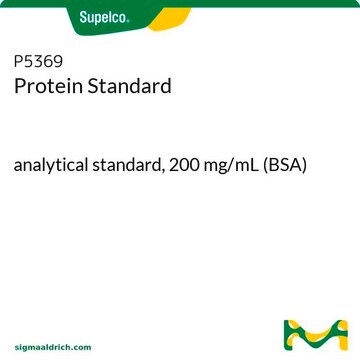B3934
Biuret reagent
protein detection level 150-1,000 μg/mL
Synonym(s):
Micro Lowry, Onishi & Barr Modification
About This Item
Recommended Products
form
liquid
protein detection level measuring range
150-1,000 μg/mL
storage temp.
2-8°C
General description
related product
Storage Class
12 - Non Combustible Liquids
wgk_germany
WGK 1
flash_point_f
Not applicable
flash_point_c
Not applicable
Choose from one of the most recent versions:
Certificates of Analysis (COA)
Don't see the Right Version?
If you require a particular version, you can look up a specific certificate by the Lot or Batch number.
Already Own This Product?
Find documentation for the products that you have recently purchased in the Document Library.
Customers Also Viewed
Our team of scientists has experience in all areas of research including Life Science, Material Science, Chemical Synthesis, Chromatography, Analytical and many others.
Contact Technical Service